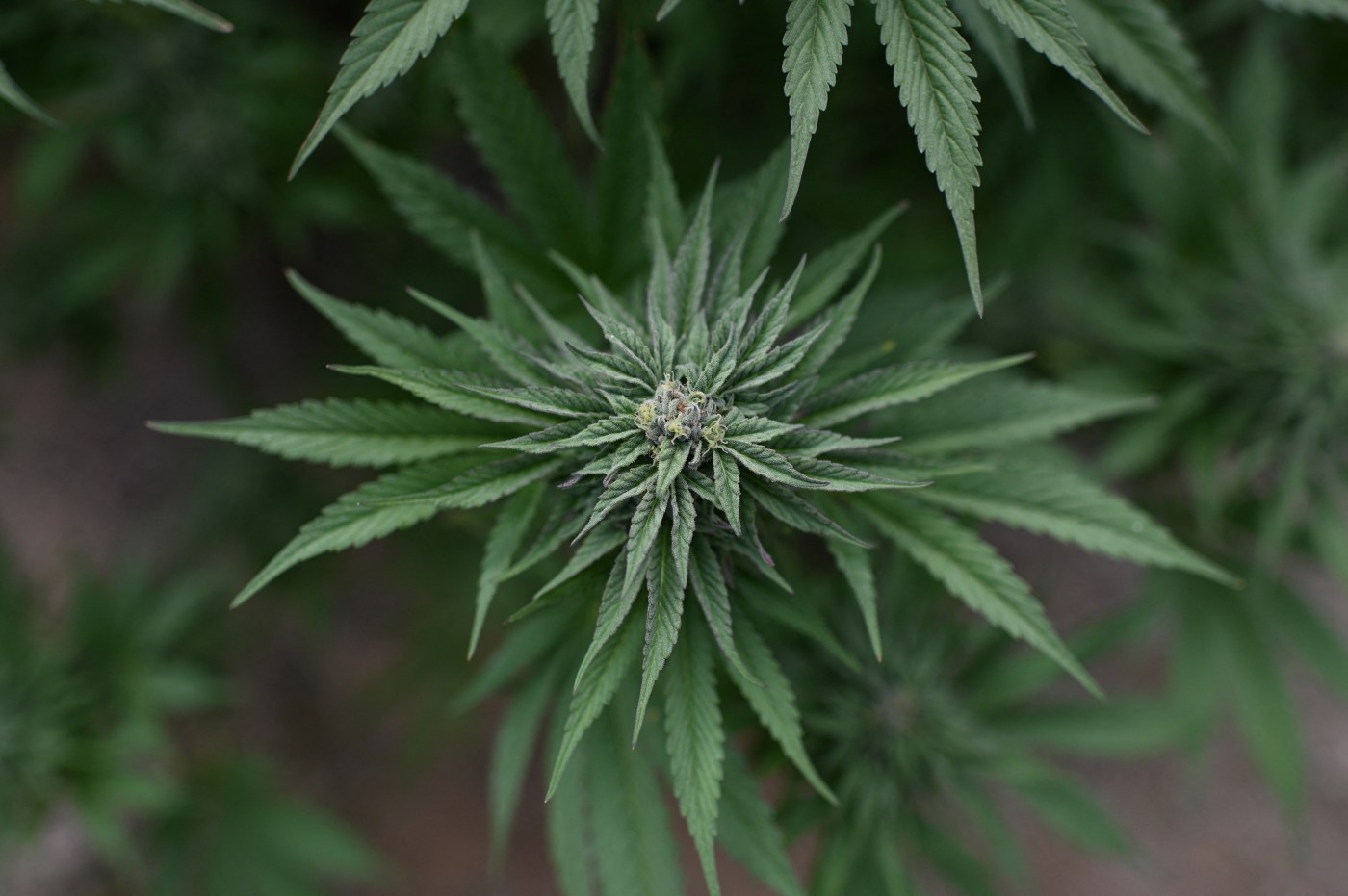
Cannabis commission hears of hurdles standing in the way of outdoor weed crops
With the price of marijuana falling, state regulators could help growers stay in and expand their businesses by making it easier to grow the crop outdoors, the Cannabis Control Commission heard on Thursday.
During a nearly three hour listening session held in Great Barrington, growers and farmers told the commission that it’s far less expensive to produce marijuana outdoors than inside, and the only thing preventing more people from trying is the state’s marijuana regulations.
Suehiko Ono, speaking on behalf of the Sun Grown Cannabis Alliance, told the commission a gram of marijuana is selling for about $5 right now, maybe a little bit more.
That means, he said, that a retailer can’t pay more than $2.50 for it if they want to see profit after paying for licensing and making payroll.
That further means, he said, that a grower can’t sell it to distributors or retailers for more than $1 after harvest is done.
“That’s just under $400 a pound,” he said. “Here’s the problem, to build an indoor cultivation facility costs about $500 to $1000 per square foot.”
Outdoor operations, he said, can get the figure down to $15 a square foot. And they can put products to market after only investing $150 per pound, Ono said.
“Let that sink in for a second,” he told the commission. “We only get one one run, yes, but we can use more square footage.”
Plus, he said, marijuana could be grown by regular farmers as a cash crop alongside their food crops – but only if the state changes the rules around testing.
“To restructure the microbial testing is extremely important to outdoor growers,” farmer David DeWitt said
DeWitt said he’s been farming for decades, and that the state’s rules about what kind of microbes they are allowed to find on a plant are at odds with how farming actually commences. Farmers, he said, are in a constant battle to keep they various bacteria and fungus on their crops in the right balance, and sometimes that means adding good germs.
“There are a lot of really good ones – a lot of good organisms that have a healthy benefit for plants but do not harm humans,” DeWitt said.
Those bacteria, however, will set off alarm bells at marijuana testing labs, which can’t distinguish the good from the bad. And a “dirty” crop can come with state mandated mitigation measures, which makes the entire process seem like too much for farmers to take on.
DeWitt said marijuana could be grown organically, just like he grows his squash, but only if the state lets them do it.
“There is a benefit to our soil, our environment, and our customers, to do it as organically as possible,” he said.
The commission took no action on Thursday.


